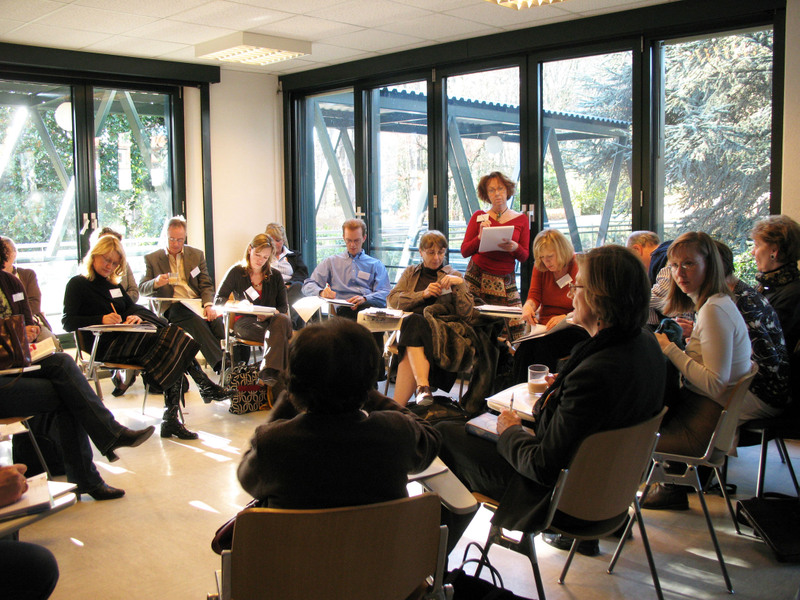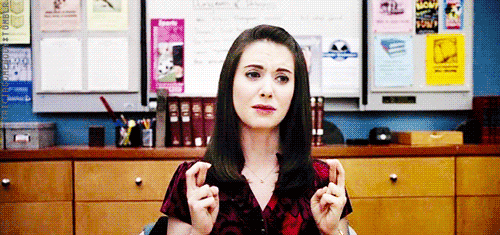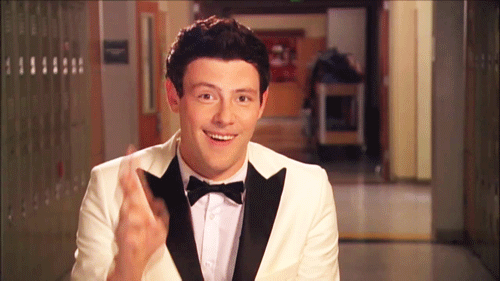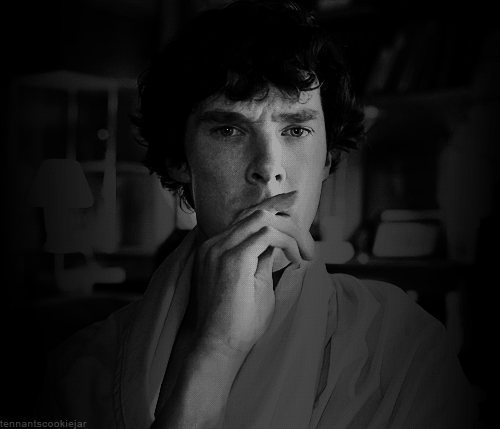 I’m
scared of the dark. Terrified, actually. I can’t get into bed without a running
leap from the doorway. I blame my grandfather for telling me this story:
I’m
scared of the dark. Terrified, actually. I can’t get into bed without a running
leap from the doorway. I blame my grandfather for telling me this story:
Once
upon a time, there was a society of gnomes. These gnomes lived in the dark and
liked it there. Then, one day, man appeared and shed light on the world of the
gnomes. They were shown their ugliness, and for that they hated man. To get
their revenge, they decided to hide in the dark corners that man never peers
into—the closet, under the bed, and sometimes, under the pillow. When the time
is right, they sneak out and eat the smallest of them (because gnomes have very
small mouths).
Then he said goodnight and turned
off my nightlight. I was seven.
My grandfather is a great guy, despite
his unusual sense of humor. Maybe that’s where I got mine from. That, and my
Catholic upbringing.
We were what people called C&E
Catholics—Christmas and Easter (and sometimes Lent, if one of us was trying to
lose weight via chocolate sacrifice). Earlier in my childhood, though, we were
more devout. I even taught Sunday school for a brief stint. While most people
think of handsy priests and sexually repressed nuns when they think of Catholicism,
they often forget the time honored tradition of scaring the shit out of its
followers.
Ever see the movie The Exorcist?
That’s basically Catholic dogma chewed up and spewed all chunky and green for
mass consumption. The devil is real, they taught us, and he is going to get
you.
Like that story with the gnomes, the
devil stuck with me all my life. Even as a struggling atheist—I say struggling
because no matter what people say, it IS hard to let go of religion—Beelzebub
worms his way into my thoughts and fears. So much so, that I can’t let myself
think about him without a chill passing through my spine, or watch a horror
movie with demon possession at the heart of the story. Give me vampires,
zombies, disease, anything else, any day.
They say that the best way to get
over fear is to face it. So how was I supposed to face this fear of an
imaginary villain figure?
By making a fool out of him with my
writing.
In my novel, SACRIFICIAL LAMB CAKE,
the devil is portrayed as a woman—Lucy—who has a short temper and a taste for
human teeth. She likes to tease, taunt, and get into name-calling matches with
other characters. She’s evil, but silly; a threat to other characters, but a caricature
to me. Crunchy, but easily digestible.
I don’t just write about the devil,
though. Most of Christian lore has found its way into my writing, either as
satire or as a way for me to examine it more deeply—to peel away the layers and
thereby disrobe my mind of its propaganda. THE SEVEN AT WORK (forthcoming in
TERRIBLE CHERUBS from DeadPixel Publications) is a short story in which I delve
into the Seven Deadly Sins, how they manifest in daily life and how, as a
Catholic, I believed there were external forces hell-bent on corrupting me in
order to steal my eternal soul. Terrifying thought for a kid who just wants to
get through the homily so she can eat a donut in the ladies’ hall. But by
personifying these sins, and making them funny (Gluttony has quite the
sarcastic tongue), I can look past the frightening outer layer and see them for
what they really are—lessons in how not to be an asshole.
A lot of people will probably see
the bulk of my work as blasphemous. That’s because it is. And that’s okay. I
don’t write for those people. Or maybe I do. Maybe they’re the ones who need to
pick up SACRIFICIAL LAMB CAKE and look past that outer layer and discover what
I hope will be a fun romp through what it means to be human. The point of
fiction, what I believe the point is, anyway, is to take a mirror to the world
and show it its dustiest corners. My dusty corner had a crucifix and a promise
of eternal damnation for that time I shoplifted some eyeliner from WalMart.
What’s in yours?
SACRIFICIAL LAMB CAKE
by Katrina Monroe
 Rain Johnson escaped the insanity of her radical
environmentalist family, only to end up waitressing for a living. Her scale of
success—with her at the bottom—only goes as high as that college degree she
never got, until she gets one hell of an epiphany from a Trinity Corporation public-relations
guy who calls himself Jude. He tells her she’s the Lamb of God, and it’s time
for that whole Second Coming thing. But when her first minor miracle gets her
arrested and an ecoterrorist using the name Messiah starts blowing up pesticide
plants, Rain and Judas are in for way more apocalypse than either of them expected.
Rain Johnson escaped the insanity of her radical
environmentalist family, only to end up waitressing for a living. Her scale of
success—with her at the bottom—only goes as high as that college degree she
never got, until she gets one hell of an epiphany from a Trinity Corporation public-relations
guy who calls himself Jude. He tells her she’s the Lamb of God, and it’s time
for that whole Second Coming thing. But when her first minor miracle gets her
arrested and an ecoterrorist using the name Messiah starts blowing up pesticide
plants, Rain and Judas are in for way more apocalypse than either of them expected.
LINKS:
SACRIFICIAL LAMB CAKE
by Katrina Monroe
Oh. My. God.
 Rain Johnson escaped the insanity of her radical
environmentalist family, only to end up waitressing for a living. Her scale of
success—with her at the bottom—only goes as high as that college degree she
never got, until she gets one hell of an epiphany from a Trinity Corporation public-relations
guy who calls himself Jude. He tells her she’s the Lamb of God, and it’s time
for that whole Second Coming thing. But when her first minor miracle gets her
arrested and an ecoterrorist using the name Messiah starts blowing up pesticide
plants, Rain and Judas are in for way more apocalypse than either of them expected.
Rain Johnson escaped the insanity of her radical
environmentalist family, only to end up waitressing for a living. Her scale of
success—with her at the bottom—only goes as high as that college degree she
never got, until she gets one hell of an epiphany from a Trinity Corporation public-relations
guy who calls himself Jude. He tells her she’s the Lamb of God, and it’s time
for that whole Second Coming thing. But when her first minor miracle gets her
arrested and an ecoterrorist using the name Messiah starts blowing up pesticide
plants, Rain and Judas are in for way more apocalypse than either of them expected.
Jude scrambles to save his personal plan for salvation, but Lucy,
the devil herself, has her own well-laid plans. It doesn’t matter that Rain’s a
conflict-avoiding lesbian and Jude is history’s worst traitor. They’re all that
stands between humanity and an end of the world that wasn’t supposed to happen.
LINKS:
Barnes & Noble: http://www.barnesandnoble.
Google: https://play.google.com/store/
Author page on RAP: http://redadeptpublishing.





















